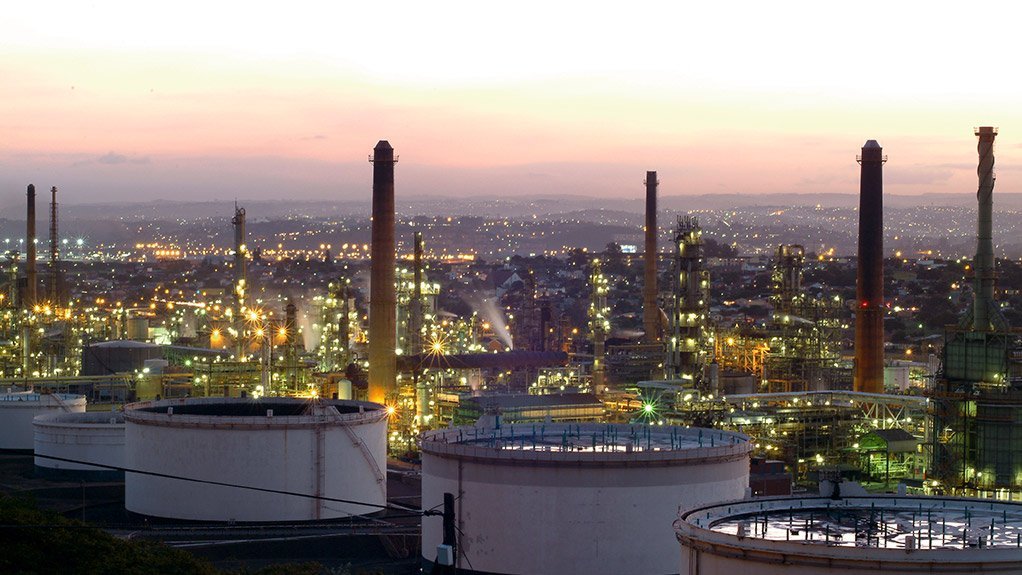The South African Petroleum Industry Association (Sapia) has called for the resolution of lingering uncertainty over the financing of the country's transition to new cleaner fuels standards, with chairperson Maurice Radebe warning that, unless urgent progress was made, the refining industry could face similar pressures to those being faced currently by the embattled steel sector.
But speaking in Johannesburg on Tuesday, Radebe also expressed optimism that a joint government-industry task team, convened to deliberate on the financing mechanism, would meet the November deadline for finalising the framework.
This view was supported by Department of Energy chief director for energy planning Tshilidzi Ramuedzisi, who said the implementation deadline for the new specifications would be announced only once an agreement had been reached on the framework. She confirmed, though, that the July 2017 implementation deadline for Clean Fuel 2 "was no longer possible".
The industry estimated in 2010 that South Africa's refineries would need to invest R40-billion to meet the new low-sulphur fuel specifications, which were more or less in line with Euro V fuel specifications. No new cost determination had been made, but Sapia indicated that the investment value would have escalated from the 2010 estimate.
To fund the investment, the domestic refiners wanted certainty on either a cost-recovery mechanism or investment incentives. But industry and government had failed to agree on the framework, which resulted in at least two refineries pulling back, in 2014, from previously announced clean fuels investment commitments.
Radebe said that the refining industry was the country's largest resource beneficiator and that its future sustainability and profitability should be a top strategic priority for the country and the industry.
“This industry plays a critical role in adding value in the economy and, therefore, it is very important for us to ensure the sustainability and profitability of this industry. All strategic thinking should be focused on how to sustain this industry,” Radebe said, adding that the industry should be handed intact to the next generation of business leaders.
Drawing parallels with the current state of distress in the steel industry, he added that “all of us need to focus on protecting this industry” so that it could continue beyond 2050. “We dare not fail this industry,” Radebe added.
Wood Mackenzie global practice lead Alan Gelder said the domestic refining industry was still offering net economic and security-of-supply benefits to South Africa. However, he warned that its future contribution depended heavily on continuous investment, which was required not only to improve fuel quality, but also to sustain profitable operations.
The South African industry was “reasonably healthy”, but the new capacity being added in Asia and Middle East were able to produce cleaner fuels more cost competitively. In addition, supply was set to expand ahead of demand in those territories, which was likely to lead to lower utilisation rates, high exports and lower refining margins.
“What that says is that, if South Africa does nothing and its refining industry stays still and does not invest, it will become increasingly difficult for it to remain profitable.
“The refining industry is a playing field that’s got a downward slope – if you do nothing, you get less and less competitive and your profitability goes down,” Gelder outlined, adding that the investment climate, therefore, needed to be supportive of “continual investment”.
EMAIL THIS ARTICLE SAVE THIS ARTICLE
To subscribe email subscriptions@creamermedia.co.za or click here
To advertise email advertising@creamermedia.co.za or click here











